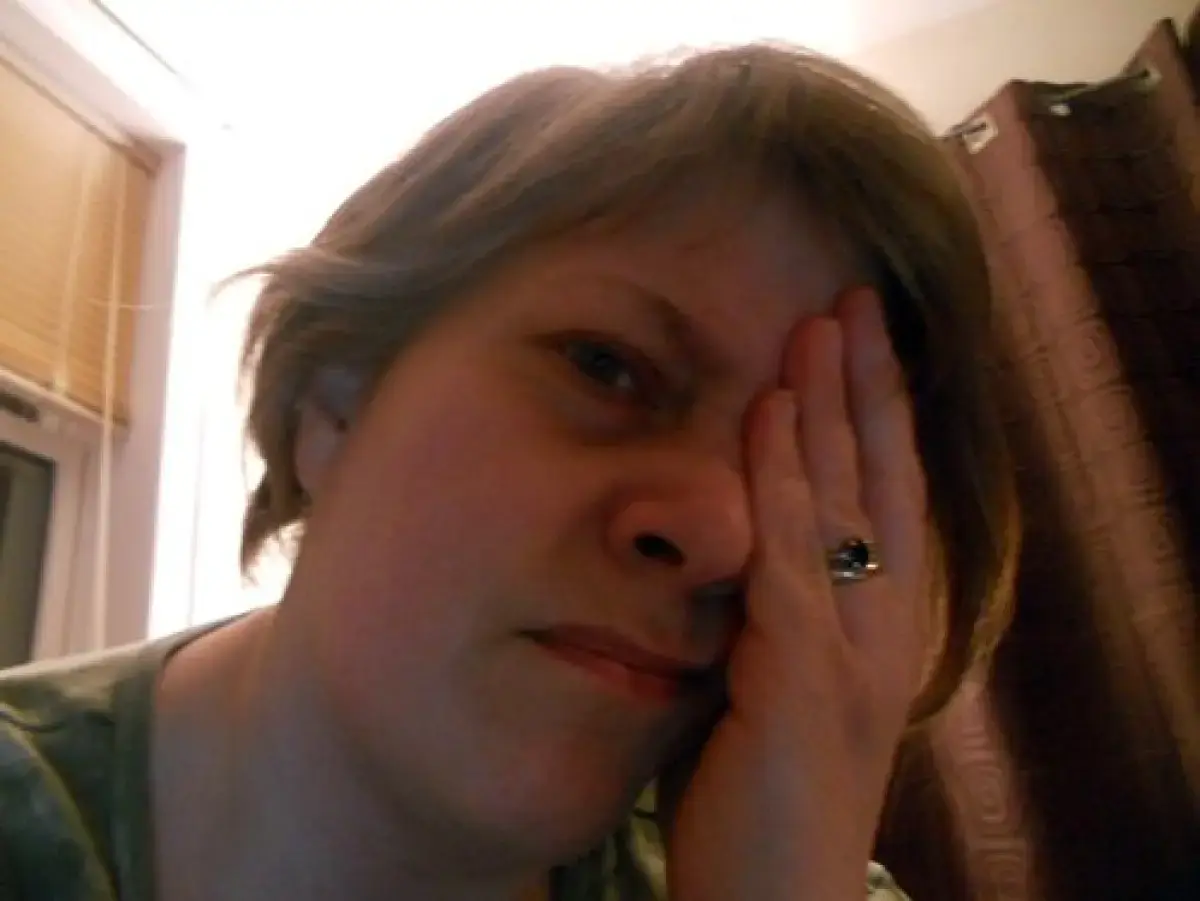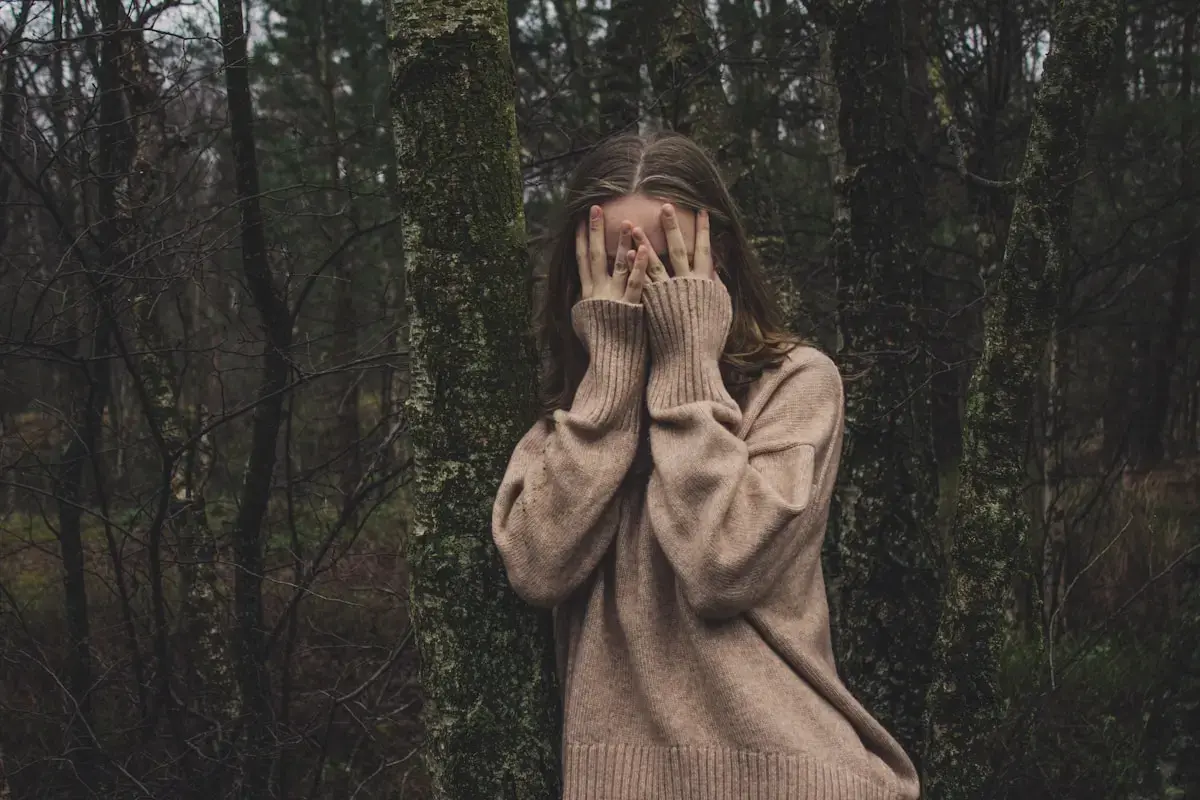 Therapist Claire Patterson from the British Association for Counseling and Psychotherapy identifies a key sign of anxiety: catastrophizing. This is a state where a person focuses solely on negative future scenarios.
Therapist Claire Patterson from the British Association for Counseling and Psychotherapy identifies a key sign of anxiety: catastrophizing. This is a state where a person focuses solely on negative future scenarios.
“Your thoughts can jump from everyday worries to global fears in just 30 seconds,” the expert explains. For instance, the thought “I forgot to make a dentist appointment” can quickly spiral into “What if I have ?”
Catastrophizing also manifests in interpersonal relationships. If your doesn’t respond to a message for a few hours, your mind immediately conjures images of an accident or a breakup. During meetings, you analyze the other person’s facial expressions, searching for confirmation of your own fears.
The Physiology of Anxiety
is not a “whim” or a weakness of character, explains the publication DailyMail. The body’s alarm system gets stuck in “danger” mode, even when there is no real threat. Excessive levels of stress hormones trigger very real physical symptoms: tension, headaches, and dizziness.
Other anxiety signals include unexplained fear (a heavy feeling in the stomach in the morning), indecisiveness over trivial matters, , and procrastination. People cancel plans due to feeling down, only to later blame themselves for being “inconsistent.”

Coping Mechanisms
Without healthy ways to cope with stress, anxiety can lead to , headaches, and dizziness. Effective techniques include positive self-talk, breathing exercises, and seeking support from those around you.
In the UK, 8 million people suffer from anxiety disorders. The wait for psychiatric help can reach 658 days, prompting many to seek alternatives: online therapy and mindfulness practices. finds solace in crafts like knitting and pottery.
Photo: Unsplash
